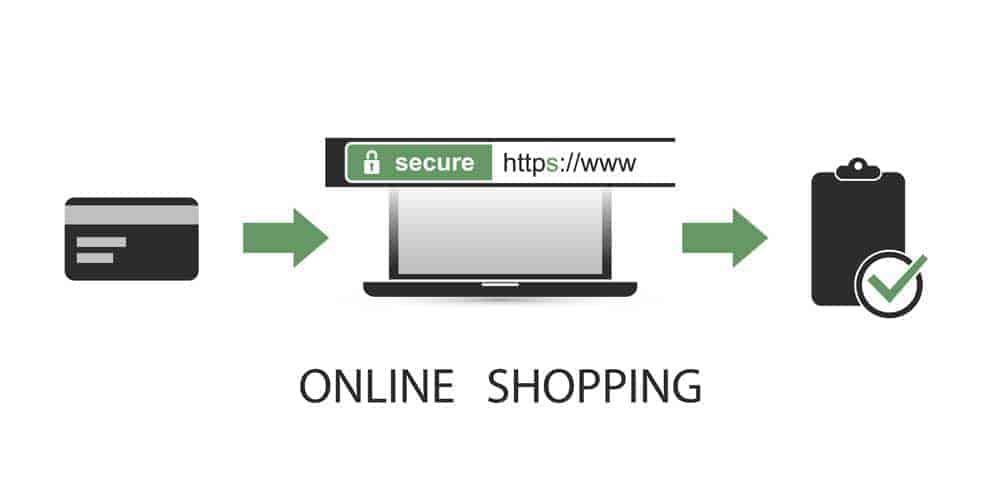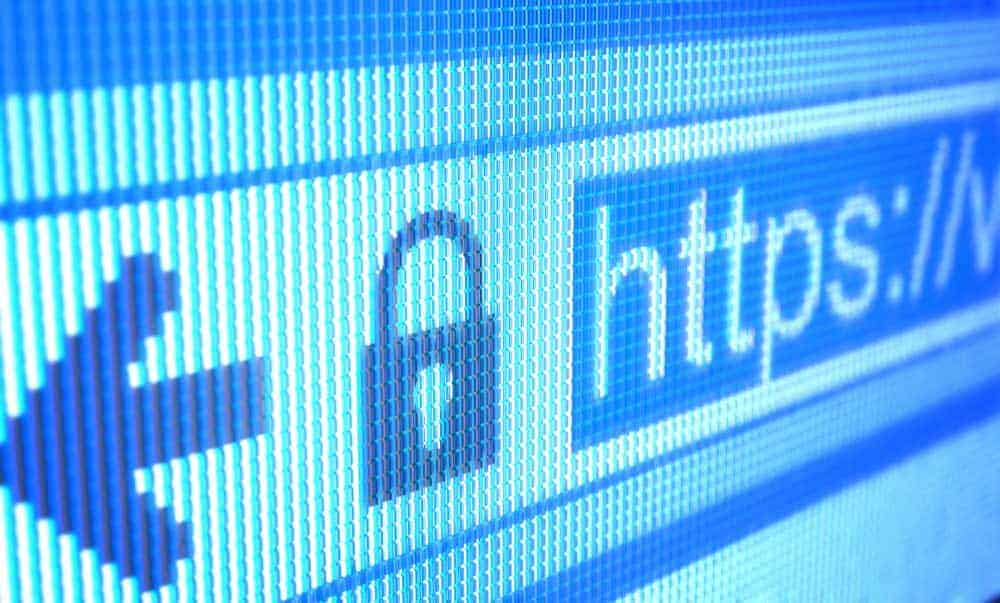SSL certificates, also known as “Secure Sockets Layer,” are layered encryptions that protect data and communication between servers and web visitors. It makes use of cryptographic keys (public and private) to keep your user’s information a secret from potential hackers.
A signed acknowledgment of encryption signifies an SSL certificate. You can see that on your URL bar as HTTPS instead of HTTP. That’s an indication saying your website is secure for sharing users’:
- Credit card details
- Password authentication
- Bank information
- Home address
- And other personal information
SSL Certificate indicators
How do you know if a site is SSL-certificated? There are many factors present in your website URL bar address to let visitors know your site is safe.
HTTPS
HTTPS means Hypertext Transfer Protocol Secure wherein the privacy of data and information are authenticated. It ensures the security of the network, mainly with WI-Fi access, against the vulnerability to attackers who can hack to the database and steal personal information.
Green and gray lock
By virtue, your HTTPS comes with a locked icon beside the URL address. A green lock stands for a website that has valid security certificates. Meanwhile, a gray lock icon has out-of-date certificates. However, Google wanted to phase out all green locks and have gray ones instead. If you click the lock, you can view each site icon whether they’re secure or not.
Paper or “I” icon
For HTTP websites and those who do not have SSL certificates, you’ll find a paper (Firefox) or an “I” (Chrome) icon beside the URL address. If you click the icon, you’ll find a message saying your connection is not secure. So, be wary of inputting sensitive information over public network access.
Warning signs
For browsers with no encryption whatsoever, they have a yellow warning sign to caution visitors when inputting sensitive data over the network.
Kinds of SSL Certificates
There are various SSL certificates perfect for your website needs. From simpler blogger ones to extended verification for e-commerce sites, here’s a rundown of SSL certificates you should have.
Domain Validation Certification (DV)
This is ideal for bloggers or simpler websites that don’t need personal information of visitors. It provides basic encryption to validate your ownership of the domain and website.
Organization Validation Certification (OV)
They’re basic protection certification used on most e-commerce sites to protect visitors’ data. OVs are usually validated by SSL certification authorities.
Extended Validation Certification (EV)
This premium certification offers the green lock and text to further verify your website’s security and protection. It has stricter processing when validating your SSL certificates.

Benefits of SSL Certificates
Google has announced the need for an SSL certification on every website. Other than for its safety nets, did you know that it can help rank your site better for search engine optimization (SEO) purposes?
Safe for you and your visitors
A good hosting plan will include a strong SSL certificate to protect sensitive information of your visitors from attackers. What’s more, it can protect you against forced logins, hacks, and spam that can inject malware.
Lower bounce rates
When your website displays a “Not Secure” warning, chances are, your visitors will flee before they can even have a glance of your services or products. It’s a danger zone – one, where you can’t be trusted by visitors to do business with you. What’s more, it can confuse visitors into thinking your website has been hacked or contains malicious data.
Boosts brand credibility
A verified and certificated site with SSL security measures can boost visitors’ trust in your brand – subsequently, boosting conversions also. E-commerce sites with SSL certificates know the feeling of having lost a customer due to having no SSL certificates.
Improves Google SEO ranking factor
Google announced that SSL certificates now serve as a ranking factor for your site. That’s because it adds security and trust factor which makes engine bots see your website a positive one. With the above-mentioned benefits, it’ll take your website higher in search engine results page (SERPs).
Compliant
Adding SSL certificates will signify that you’re compliant to all laws governing your state and that of the web. Users will take positive notes on this and will do more business with you. We might add that this will give you fewer things to worry about if you want to upgrade your site in the future.
How to get your SSL certificates
If you’re wondering where to get SSL certificates, you can check out the following options below.
Website hosting provider
Web hosting services such as SiteGround, DreamHost, or Bluehost include SSL certificates in their premium plans.
WordPress Plugins
WordPress plugins include basic SSL offers ideal for blogs and websites that don’t need users’ information on the process. They’re generally free with costs for upgrades.
Third-party applications
There are third-party sites that sell SSL certificates such as NameCheap, GoDaddy, and DigiCert. You can easily migrate or map your SSL to your web host in a few minutes.





